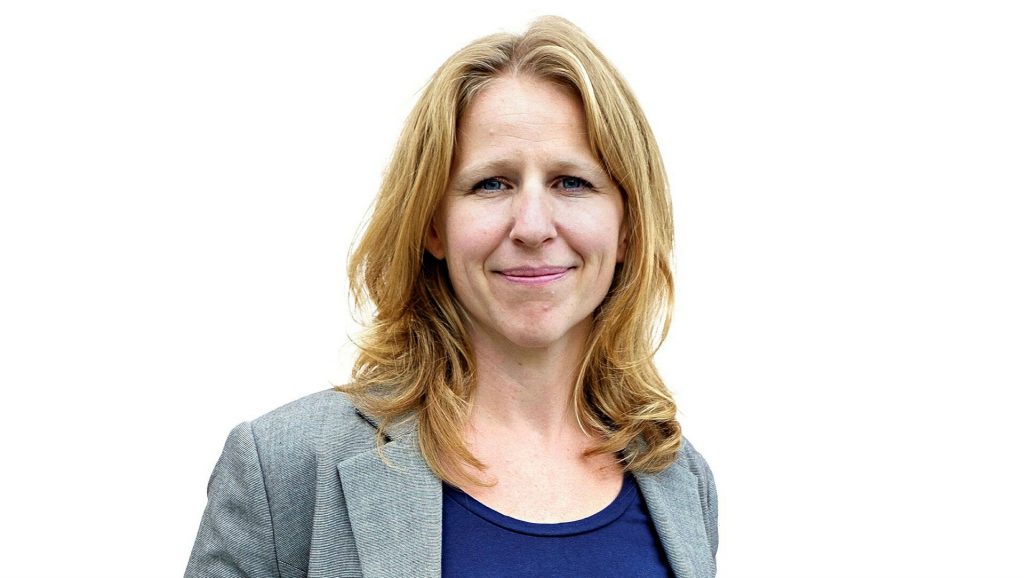It took five Year. But finally, last week, white smoke rose over EU neighborhoods in Brussels: The European Parliament and the 27 governments of the European Union approved a so-called general tax reporting law for each individual country.
All multinational companies in the European Union with a turnover of more than 750 million euros are now required to publicly report their net sales, profits, number of employees and taxes paid annually for each individual country in which they operate.
Specifically, Ericsson, Electrolux, H&M and other large Swedish and European companies will have to show the world all this information, in electronic form – perhaps on their websites.
The point is that It should become visible as companies move around profits from operations in high-tax countries to operations in low-tax countries.
If it turns out, for example, that Ikea sells a lot of furniture in Germany and at the same time announces a small profit there and a small tax, but on the other hand there are few employees in Luxembourg but they make a high profit – well, he will probably start to put up tough questions.
One can only imagine what researchers, consumers and journalists can do with the information imposed by the new law.
In very decisive The question was asked by the members of the European Parliament of the governments of the 27 EU countries (the Cabinet). Namely: What countries should be covered by the accounting requirements?
Should Ikea on its website only report taxes paid in Luxembourg and Germany, but taxes in the rest of the world as a single lump sum? Or should Ikea specifically report tax payments as well for India, the US, and all other countries?
The European Union alone believes the majority of the governments of the 27 European Union countries. The whole world, considered the European Parliament.
The compromise was that the accountability requirement applies to EU countries as well as those on the EU’s “black list” of tax havens – dozens of small, marginal countries like Panama and Seychelles.
among those who more powerful Called for EU law, there are in fact aid organizations. The world’s poorest countries have been hit hard by international tax evasion. Perhaps it was the influence of the Christian Democrats’ “help battalion” that made the party the only parliamentary party with the exception of the Left Party protest when the Swedish government blocked EU law in 2019.
But last week’s settlement will not help developing countries, since the data of major companies on their activities there is hidden in the total amount of the world outside the European Union.
It is still important for the law to go to court at all, having been outlawed by a handful of EU countries for several years. Among these, of course, are those who are themselves tax havens and who attract tax money from their neighbours, such as Luxembourg, Malta and Ireland. They are likely to lose money because of the new law and their governments have opposed the law from start to finish (although they use other arguments).
However, it is difficult To understand why the German and Swedish governments are also making a last-ditch attempt to prevent EU governments from adopting a common position. And why the French government stubbornly refused to allow countries outside the European Union to be covered by accounting requirements.
It is difficult to say that the law entails an increased administrative burden on its own companies, as reporting by country is already a requirement today, by another EU law. What’s new now is that the information is public – so the “burden” is just a few keystrokes.
The lion’s share of the billions of euros that EU countries lose each year in not paying corporate tax today ends up in other EU countries.
Thus this will be revealed more, in the near future. Then the question becomes: Will this cause large corporations to pay more taxes in the countries where they make their profits? Or will it instead transfer profits from Luxembourg to Switzerland or the UK, which are not EU countries and therefore not subject to the reporting obligation?
The EU government could have avoided this loophole, but chose to keep it.
trends
above:
Vaccine passport
The EU’s COVID digital certificate has already started to be used in Denmark, Germany, Greece, Poland, Croatia, the Czech Republic and Bulgaria, and will be used in all 27 EU countries as of July 1. The certificate shows if anyone has been vaccinated, has already been infected with the virus or has a negative PCR test. The idea is that EU countries will thus be able to waive their various travel restrictions.
Ebo
The new EU Prosecutor’s Office, Eppo, has now arrived in Luxembourg. The agency will prosecute people who have committed crimes against the EU budget (and the anti-coronavirus fund). In the first phase, Hungary, Poland, Denmark, Ireland and Sweden were excluded, but Sweden is expected to join next year.
Under:
air pollution
The European Court of Justice has ruled that Germany violated EU air quality directives by regularly exceeding nitrogen dioxide limits between 2010 and 2016.
Stands perfectly still:
20 years
The European Union’s “openness principle” has reached its 20th in recent days. The law was drawn up when Sweden held the EU presidency in 2001 and was in many ways a Swedish-Finnish initiative. EU institutions must have a record of documents and submit documents relating to the legislation, in principle. For 20 years, every attempt at reform stopped. About half of EU governments think there is already too much transparency, while the other half (including Sweden) think it is not enough.

“Extreme tv maven. Beer fanatic. Friendly bacon fan. Communicator. Wannabe travel expert.”







More Stories
Brexit brings economic uncertainty – Finland worst hit in the long run – Hufvudstadsbladet
Britain wants closer ties with the European Union.
Britain may already be out of recession